The poet Janetta Marilyn Konah grew up not knowing any literary bookstore in her country, Liberia, but it was in late 2015, in the final months of the Ebola epidemic, when the country was in recovery and she and a friend ran the length of the capital city of Monrovia in search of novels by Africans, that she understood the direness of the situation. “The bookstores we found had books from the 1950s,” she said, “and they weren’t literature – they were books on science, mathematics, history. It was the same on the University of Liberia campus.”
Konah came up reading foreign poetry: the Americans Walt Whitman, Mary Oliver, and Emily Dickinson, the Polish poet Wislawa Szymborska, and the Dominican Elizabeth Acevedo. She attended a workshop by Patricia Jabbeh Wesley, the country’s best-known poet. Encouraged by her mentor Othniel Forte, curator of the literacy NGO Monrovia READS, she was submitting works to literary magazines, hoping for acceptance. To improve her craft, she needed to read more contemporary African literature, but without a bookstore, how could she buy the books that other Africans discussed online?
Hawa Jande Golakai, the author of The Lazarus Effect, never had to discover the lack of bookstores because she grew up conscious of it. “Only years after the war, and leaving West Africa completely, did I come across bookstores,” she said. “Like, places just dedicated to pleasure reading, serving coffee and tea, bougie shit like ‘browsing.’ I ‘browsed’ my way through dozens of free books until I was confident enough to write my own!”
Not only is there “absolutely no bookstore in Liberia,” said the poet Edwin Olu Bestman, “in fact, there’s no space for creatives to meet, sit, read, and interact. The system is on life support. Everything is discouraging for those who are addicted to the reading and writing culture.” Bestman describes the problem as a fallout of Liberia’s two civil wars. “Since then, Liberia has suffered so many things.”
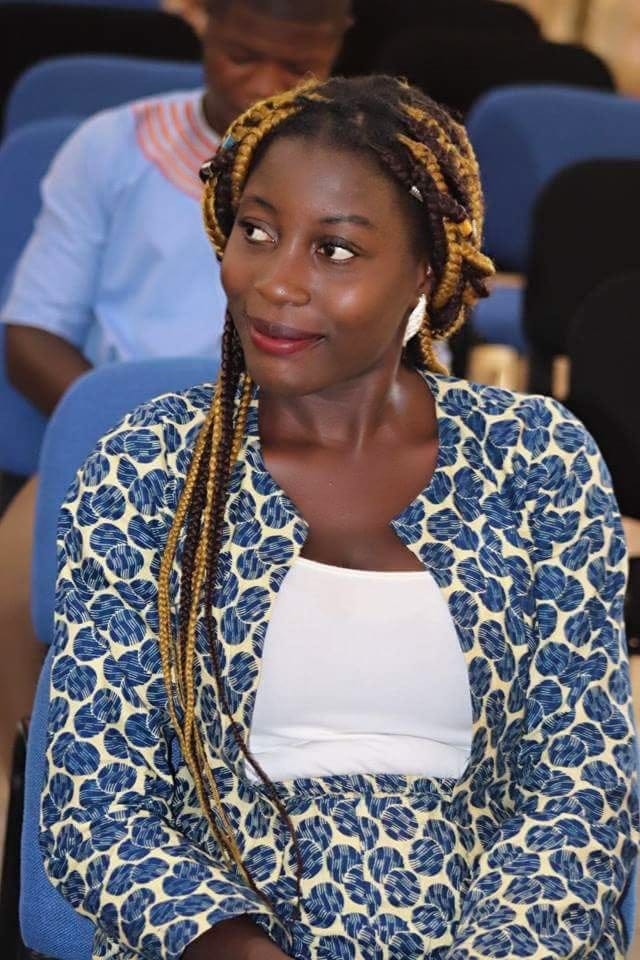
The Republic of Liberia was established by former enslaved African Americans as a settler colony, on land belonging to indigenous tribes including the Vai, Kpelle, Ngbandi, Dan, Mano, Mende, Malinke, Bassa, Kru, Grebo, De, Belleh, Krahn, Gola, and Kisi peoples. American immigration began around 1820, and, in 1847, it became an independent state, controlled, politically, by the settlers, until a military coup in 1980. The centuries-old disparity between Indigenous Liberians and Americo-Liberians set the stage for war.
The first Liberian Civil War began in 1989 and ended eight years later, in 1997, when Charles Taylor, the leader of the National Patriotic Front of Liberia (NPFL) whose invasion began the war, was elected president. The second Liberian Civil War raged from 1999 to 2003, when Taylor fled into exile. Although the years since saw some resurgence and reconstruction, under Ellen Johnson Sirleaf’s government from 2006 to 2018, the outbreak of the Ebola epidemic, in 2014, was a major setback, locally as a psychological drain and internationally in terms of safety reputation.
With an estimated present-day population of 5.53 million — less than Kebbi State, Nigeria’s 17th most populous state — and a land mass of 111,370km2 — roughly an eighth of Nigeria’s — Liberia’s economy, at first one of the fastest developing in Sub-Saharan Africa until the 1980 coup, suffered from the destruction of infrastructure and the brain drain. Since the last war, revival efforts have left behind the formal education and literary sectors, exacerbating cultural gaps between the country and wider continental developments. With a literacy rate of 48.30%, the country is the 13th lowest in the world. (Of the 50 lowest, 39 are in Africa and Nigeria is the 24th).
Liberia missed out on the literary boom of the Heinemann African Writers Series, which ran from the 1960s to the early 2000s. They had no representation in the first 20 years of the series and were embroiled in turmoil in its last 20. Consequently, its writers were largely cut off from the literary mainstream of the rest of Africa.
With the lack of drive towards literary and artistic vocations, young Liberians are more interested in the political scene; this, despite the dearth of knowledge of their history because it is neither being taught in schools nor is it adequately represented in Liberian literature. It is a gap that the writers know should be filled, not least because its effects are still heavy. But to what extent do they themselves feel compelled to explore those dark pasts of war and the Ebola crisis?
“Most of us emerging writers were kids when the Liberian Civil Wars were fought, hence we do not know much about the war,” Konah said. “However, we write about the effects, how it has damaged the systems of Liberia and our mental health. We write about the effects of the Ebola Virus, too.”
Bestman agrees. “It is our history. It makes us who we are and what we stand for. The good thing is that most Liberian writers and poets write about grief, war, sadness. This alone tells you that the past has left a huge burden on our heads. But the truth of the matter is that we cannot keep dwelling in the past.”
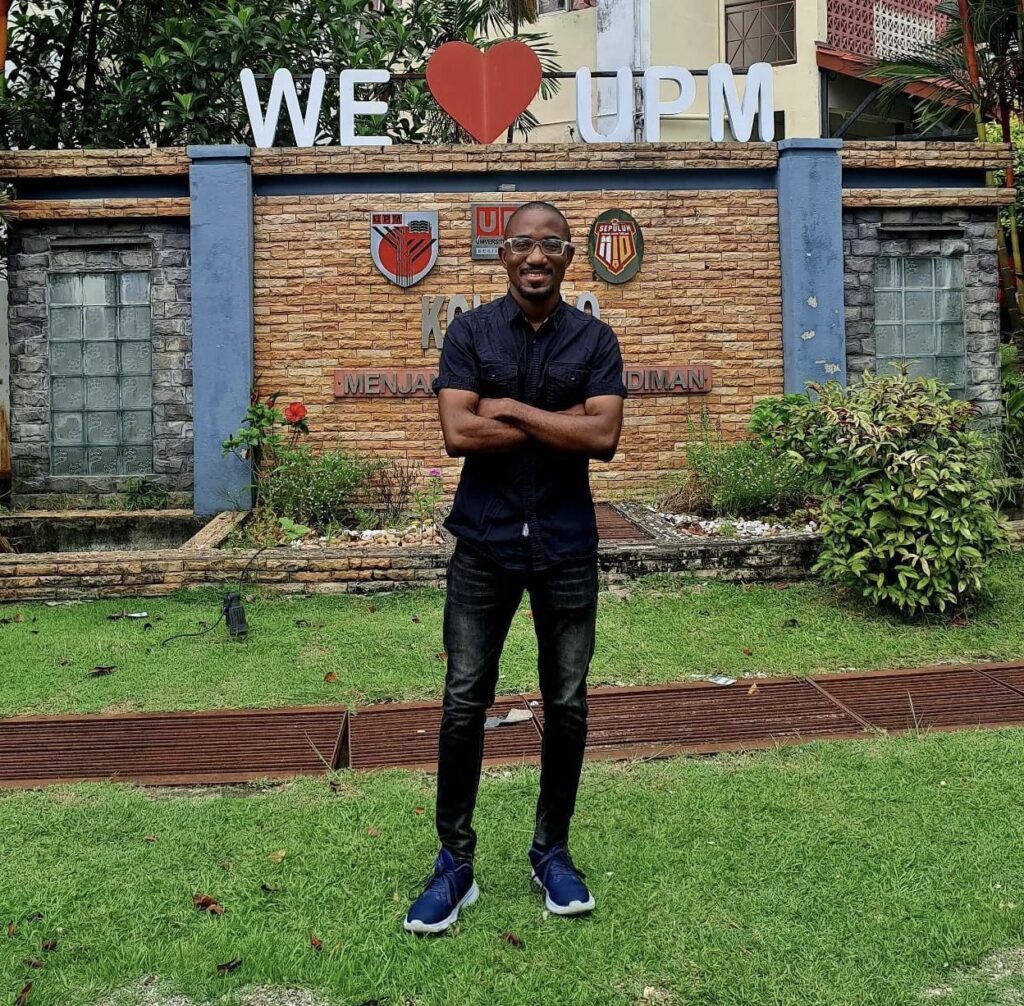
The decision is the writer’s to make. “Literature should not be constrained by external expectations,” Cheerbo Geeplay said. “Writers should be free to explore the themes and narratives that resonate with their visions, while also acknowledging the significant historical context of their nation.”
For Golakai, as much as writers should write about history, they should do it with the right motivation. “Facing history is a want or need, not by force. When a writer’s desire, craving, to tell a personal tale happens to intersect with the past, and the story’s good and told without agenda, then you get true craft. Otherwise, you end up with a lot of bad books written about important portions of people’s lives, and that’s just. . . wrong.”
That a Liberian literary community is visible is often the result of writers leaving a system that offers little and returning with greater awareness. The much-cited Patricia Jabbeh Wesley grew up in the village of Tugbakeh and studied at the University of Liberia, but during the first civil war, she and her family fled to the United States. It was in America that she built her craft, publishing six poetry books about the wars. Last year, she edited an anthology of Liberian poetry, Breaking the Silence.
The conundrum of infrastructural displacement is made more complex given the existence of several organisations meant to advance literature, including Wesley’s Young Scholars of Liberia, the Liberian Association of Writers (LAW), the Liberian Poets Society, Pepper Coast Literary Society, and the most active of them all, Monrovia READS, which has hosted a series of workshops. Its curator, Othniel Forte, is based in southeast Asia. From there, Forte also runs a publishing press, FORTE Publications, and a magazine, KWEE.
In part or whole, the problems in Liberian literature are widespread in the continent, each country dealing with its peculiar version. Next-door neighbour Sierra Leone’s literature was also disrupted by civil war. Cameroonian literature faces an Anglophone Crisis. Namibian literature has only one organisational base. Nigeria, the powerhouse of African literature, has only a handful of literary bookstores scattered across a few major cities — untenable for a country of over 200 million people, especially when most of the stores have few contemporary books — and an even smaller number of active physical literary communities.
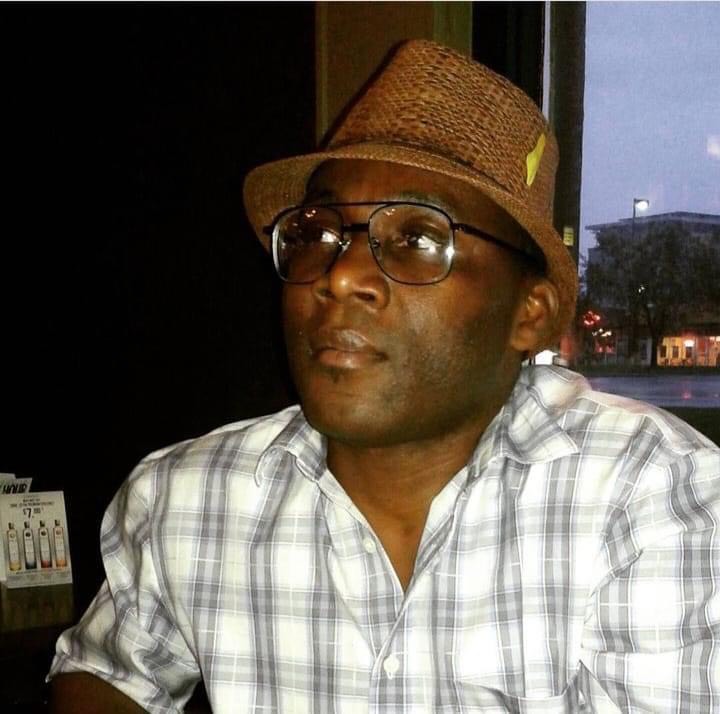
“Even though Nigeria, with its impressive roster of writers and its significant contributions to African literature, holds a position of great importance, it falls short when it comes to literary prizes, agencies, and institutions,” Geeplay noted. “Nigeria only has one major literary prize, albeit a prestigious and well-compensated one. In comparison, a country like Canada, with a population of under [40] million, has over 50 literary prizes, while South Africa boasts around 20. The more literary prizes and institutions we have across the continent, in every country that celebrates the rich literary history of the African experience, the better. We must prioritize the establishment of literary institutions.”
One step to remedy the situation in Liberia, Konah said, is to initiate a reading culture in high school students. “Most Liberian youth do not read. Therefore, we do not write.” Continuous mentorship, as done by Forte, Wesley, and Golakai, could result in more shared opportunities, she said.
Bestman placed the responsibility on the “non-functional” Liberian Association of Writers. “It isn’t doing much to promote Liberian writers and poets. LAW doesn’t host ceremonies, festivals, training, or anything. I have only seen online competitions. Since they are the mother institution of all writing organizations in Liberia, they need to act. They should work with other literary institutions and build partnerships.”
The poet Jeremy Teddy Karn, whose chapbook Miryam Magdalit explores grief during the civil wars and was released in the African Poetry Book Fund’s box set series, pointed out a bigger problem. Although “most contemporary Liberian writers are exploring the dark pasts of our country,” he said, “most of their writings never leave the borders of Liberia because of the lack of publishing opportunities and readership.”
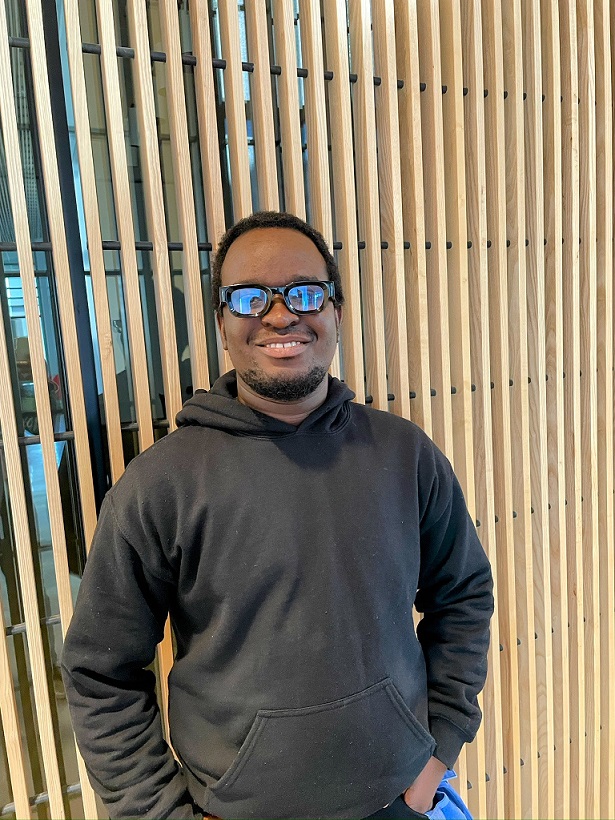
Having waded that frustration where “all the sidewalk books the seller could offer me were Things Fall Apart, The Gods Are Not to Blame, and Weep Not, Child” and gotten published, Karn is currently an MFA candidate at the Iowa Writers’ Workshop. “I think publishing opportunities will start to come when serious writings begin to come out of Liberia. Liberian writers need to take advantage of the little opportunities they have and make themselves known on the literary scene, to catch the attention of people and publishers.”
He believes that, in the next five years, there would be a major boost. “Young Liberian writers are beginning to have a keen interest in telling their stories,” he said. “They are not sitting anymore waiting for opportunities. They are young and ambitious to tell their stories. They want to find their voices. The next few years will be quite exciting for us. This has to start with the availability of literary books and publishing opportunities.”
But Bestman believes differently. “For now, to be honest, I do not see something very huge about Liberian writing in the future. We do not have people who are passionate about storytelling. Most of the people in Liberia are involved in politics. There is no hope, no opportunities, no resources, and no one to serve as mentors for others. Even those who have spent a longer time in the literary field feel intimidated sharing knowledge with others. We have no bookstores, no publishing houses, no writing festivals, no ceremonies.”
While he agrees that “a few Liberian writers and poets are beating the odds,” getting there for the whole scene would take longer, he argued. “Not in five, six, or seven years.”
One such writer who beat the odds is Wayetu Moore. Born in Monrovia, she escaped the first civil war as a child, came to America and studied at Howard University, gained acclaimed for her novel She Would Be King and her war memoir The Dragons, the Giant, the Women. Before she became Liberia’s most acclaimed writer in America, earning spots on Time’s and The New York Times’ notable books lists and a shortlisting for the National Critics Circle Award, she started One Moore Book, a nonprofit children’s bookstore that she said opened in Monrovia in 2015.
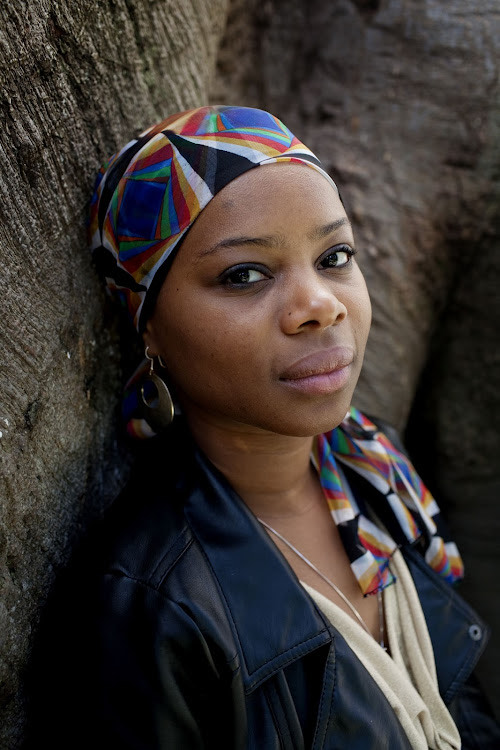
In the continent, though, it is Golakai who has been Liberia’s most visible writer. One reason is her cultural alignments. She was born in Germany and raised in Liberia and has lived in South Africa, in Cape Town, where her novels, including her debut The Score, are set. In 2019, she received a Morland Scholarship. Yet in her primary professional life, she is a medical immunologist and health consultant. It gives her a vital view.
“What I wish for more than anything is investment,” Golakai said. “Money moves matters. Creates options, a horizon. Art isn’t a priority in poor countries and Liberia is no different. A lot of our talent is either leaving or starving on their feet.” She added, “I realized, as Africans in Africa, that we have to fight to be storytellers and memory-keepers of our own heritage. Otherwise, we lose it — height of irony. The world actively encourages us to forget. That’s why I’m so deliberate in my characters and their journeys, specifically the women I write.”
Open Country Mag sent out interview questions before the Liberian presidential elections of October 2023, in which then incumbent president George Weah eventually lost to Joseph Boakai. When we asked Golakai where she saw Liberian literature in the future, she responded, “Ask me after the elections. And after elections, don’t ask me at all. Ask the ‘new’ government.”
So far, the new government has not announced any policies in education or the arts. ♦
Edited by, and with contribution from, Otosirieze, who also interviewed the subjects.
If you love what you just read, please consider making a PayPal donation to enable us to publish more like it.
More In-depth Stories from Open Country Mag
— Cameroon’s New Literary Generation Comes of Age, as Anglophone Crisis Deepens
— Linking Sierra Leonean Literature
— Momtaza Mehri’s Fluid Somali Diasporas
— Why Tobi Eyinade Built Rovingheights, Nigeria’s Biggest Bookstore
— Remy Ngamije on Doek! and the New Age of Namibian Literature
— Ebenezer Agu on 20.35 Africa and Curating New Poetry
— In Writing Cameroonian American Experiences, Nana Nkweti Crosses Genres
— The Cheeky Natives Is Letlhogonolo Mogkoroane and Alma-Nalisha Cele‘s Archive of Intentionality
— Cheswayo Mphanza on Intertextual Poetry and Zambia’s Moment
— Keletso Mopai Owns Her Story and Her Voice
— Troy Onyango on Lolwe and Literary Magazine Publishing in Africa
— At Africa in Dialogue, Gaamangwe Joy Mogami Lures Out Storytelling Truths
— Khadija Abdalla Bajaber on Fantasy and the Character of Kenyan Writing

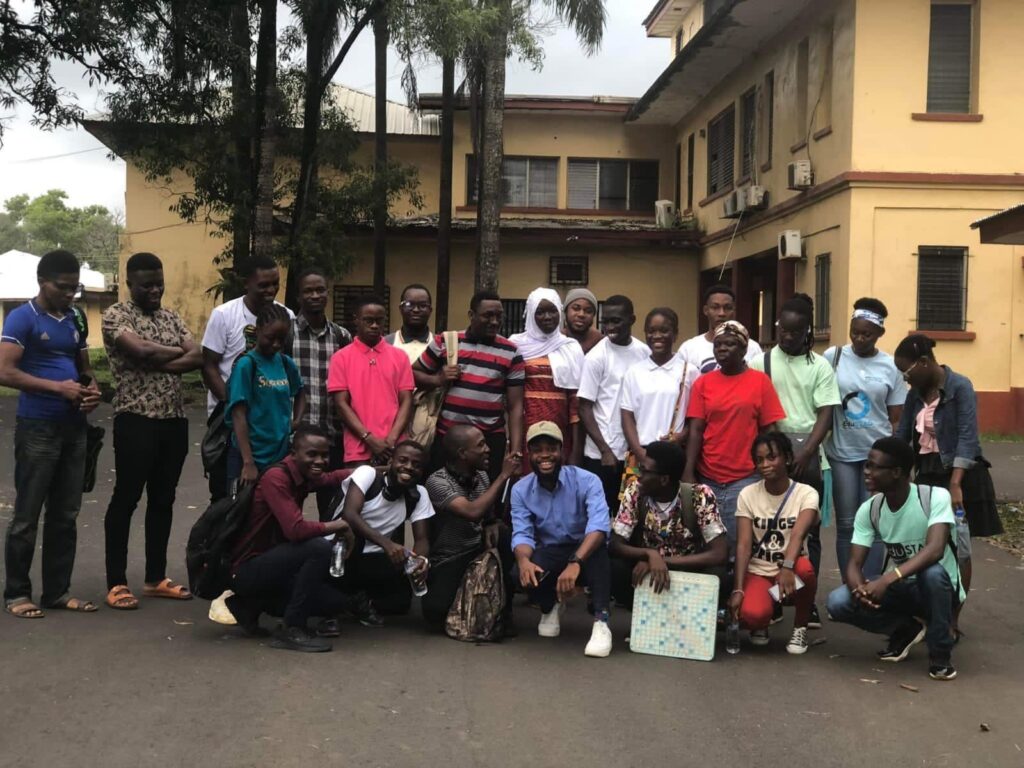
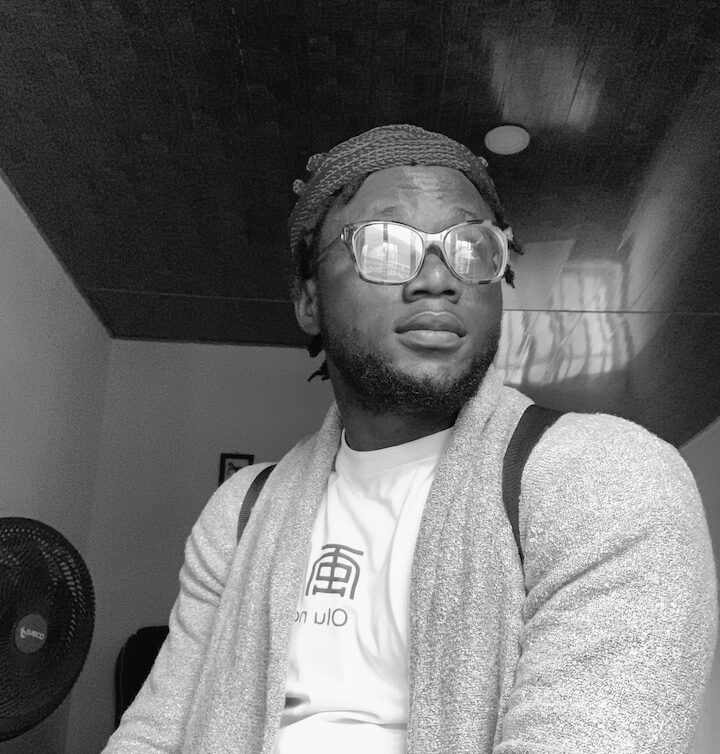



One Response
Every place need a library to learn to educate to broaden the mind of kids our next generation of thinkers visionaries.